Eucalyptus /Eucaliptys Globulus Labill/ represents the tallest deciduous tree in the world. Originally from Australia, it is now widespread throughout Africa, India and China, along with countries around the Mediterranean basin.
The healing power of eucalyptus is used by the Australian aborigines. They treated their open wounds with leaves of eucalyptus to prevent the development of infections and to accelerate wound healing.
Oil of eucalyptus proved to be one of the most reliable weapons against deadly epidemic malaria. It is believed that this is the reason many called eucalyptus the "tree of life". The west discovered the properties of this wood in the 19th century and cultivated plants spread rapidly in North America and Southern Europe.
An interesting fact is that to produce 500 ml of eucalyptus oil, you need 25 kg of young eucalyptus branches and leaves. Most people associate eucalyptus leaves as food for the cute koalas, eucalyptus oil but is deservedly gaining in popularity.
Composition of Eucalyptus
In the 60s of the last century, thorough research on the composition and beneficial properties of eucalyptus started. Scholars of German origin found that its leaves contain between 1.5-3% essential oil whose main ingredient is eucalyptol - up to 80%. Other valuable ingredients are camphene, pinene, terpineol. The leaves also contain tannins.

Benefits of Eucalyptus
From Eucalyptus is derived one of the most popular essential oils. It is effective against almost any microbe. The different types of properties of essential oils differ slightly, but all are antiseptic. Besides malaria, eucalyptus oil is very effective against staphylococci, dysentery, salmonella and Helicobacter pylori. Researchers from around the world confirm its broad activity against resistant to antibiotics diseases, but natives instinctively knew of these properties and have benefited from them.
Several studies in recent years show that eucalyptus not only has very good antiseptic properties, but also has the ability to expand the bronchioles of the lungs. Chest rub with the essential oil is a warming and slightly anesthetic effect which helps relieve respiratory infections.
Eucalyptus oil is a common component of preparations for asthma, bronchitis, sinusitis and rhinitis. It is used in products for oral use - freshens breath and neutralize bacteria in the mouth.
Eucalyptus oil is incorporated in the massage tools for arthritis, rheumatism and muscle pain. It mitigates inflammation and pain, relaxes tense muscles, refreshes and tones.
One of its traditional uses is as a pleasant aroma, and to relieve the depression that inevitably occurs with certain diseases. Herbalists use the oil to treat minor skin wounds. Used for massaging the skin or added to the bath, it accelerates the treatment of skin infections, abrasions and cuts.
In South America, they often use oil of eucalyptus to treat respiratory infections and increase the blood flow to the skin.

Recent studies have found that oral administration of eucalyptus oil helps to lower blood sugar levels. However, before intake- consult with a medical person. Other studies have shown that eucalyptus is a very good stimulant that improves the heart’s functions.
If you want to disinfect your home, add a few drops of eucalyptus to the materials you will be using. A few drops of essential oil dissolved in water are sufficient to disinfect any surface.
Dangers of eucalyptus
Be careful because in large doses, it is toxic. Less than 3.5 ml of its oil can kill a person. Do not use products that contain this oil on the faces of babies and children, because it can cause throat or bronchial spasms that resemble asthma attacks. It can even lead to suffocation and death. It should not be used by people suffering from liver disease, inflammation of the biliary, or gastrointestinal tract.


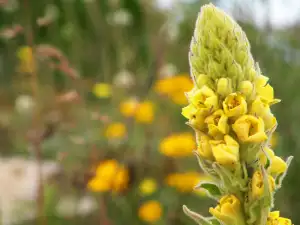




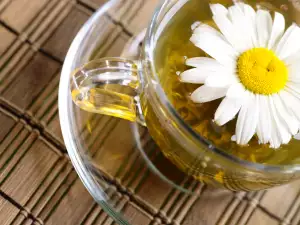


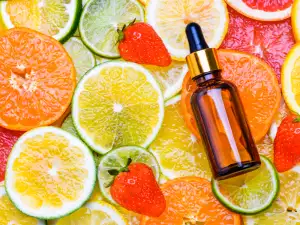
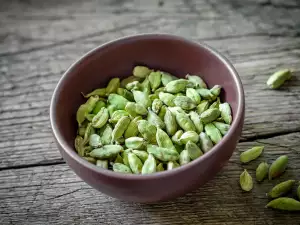

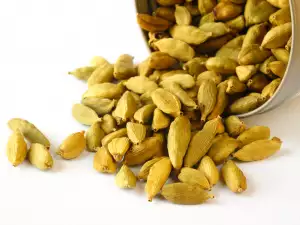


Comments